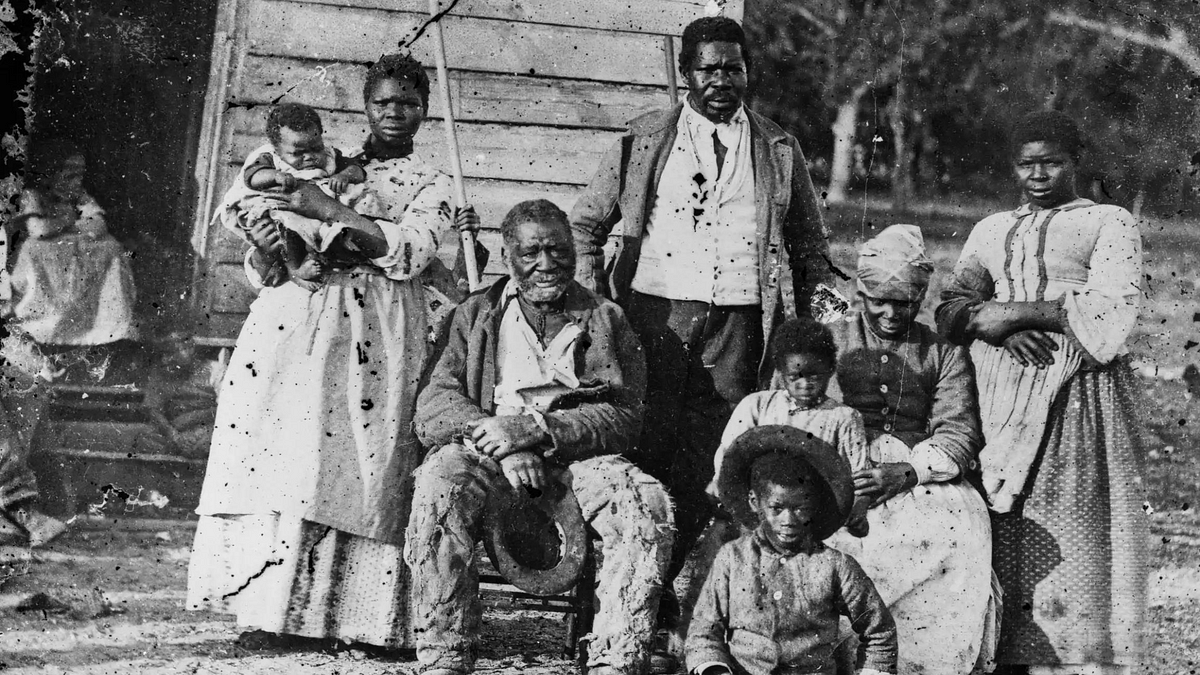The Oppressive History of Slave Badges and Black Surveillance in America
The article delves into the oppressive history of slave badges in America, which were used to monitor and control the movements of enslaved Black people. Slave badges were physical tokens that enslaved individuals were required to carry, serving as a means of identification and surveillance by white slave owners and authorities.
The article draws parallels between the dystopian scenario depicted in George Orwell's Nineteen Eighty-Four and the lived experiences of Black people in America, where their freedom was subject to the interpretation and control of the white majority. Slave badges exemplified this systemic surveillance and restriction of Black autonomy, undermining their basic rights and liberties.
The article highlights how the legacy of slave badges and Black surveillance continues to shape the experiences of African Americans, even in the present day, as they navigate a society that still grapples with the lingering effects of this shameful history.
Personalizar resumen
Reescribir con IA
Generar citas
Traducir fuente
A otro idioma
Generar mapa mental
del contenido fuente
Ver fuente
momentum.medium.com
How Slave Badges Expose America’s Shameful Legacy of Black Surveillance
Ideas clave extraídas de
by Allison Wilt... a las momentum.medium.com 06-27-2024
https://momentum.medium.com/how-slave-badges-expose-americas-shameful-legacy-of-black-surveillance-37861e66a583
Consultas más profundas
